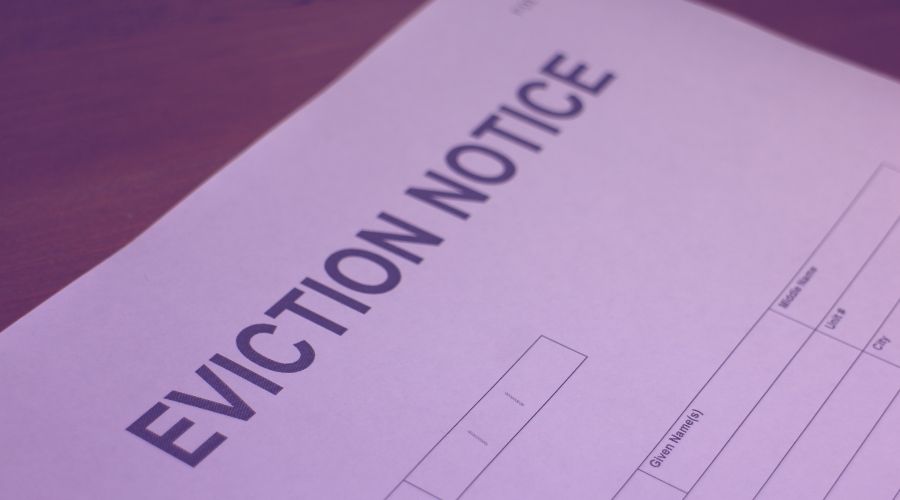Evicting a tenant
Evicting a tenant can be difficult, but the landlord has rights to remove a tenant from their property. However, this must be done properly by serving them notice.
If a landlord improperly tries to evict a tenant, there can be severe consequences. The eviction process itself can also become extremely complicated. For these reasons, it is recommended to work with a solicitor.
If you are a landlord looking to evict a tenant, please fill out our form and one of our expert team will get back to you as soon as possible, or call our housing team on 0161 436 0006 for a free consultation.
How to evict a tenant
The landlord must serve the tenant notice of their eviction by following Section 8 or Section 21 notice of the Housing Act 1988. Both sections of the act can be served at the same time, but it is important to know if both or one of the acts is more suitable to your case.
Section 8 notice
This is for when your tenant is causing you problems.
A Section 8 eviction notice can be given if the tenant has failed to comply with the terms of the tenancy agreement, for example by not paying rent, causing damage to the property, or being a nuisance to neighbours. If the tenant disputes the eviction, you will need to provide evidence to the court to justify your request.
To serve a Section 8 notice, you must complete ‘Form 3’, also known as the ‘Notice seeking possession of a property let on an assured tenancy or an assured agricultural occupancy’ form. You must specify the terms of the tenancy agreement that have been breached, and give notice accordingly.
If your tenant refuses to leave by the date given in the Section 8 notice, you’ll need to apply to your governing county court for a possession order. You then must complete two forms—the N5 claim for possession form and the N119 particulars of claims for possession. This process can take up to four to six weeks. If the order for possession has expired and the tenant has not vacated the property, you will must inform the County Court Bailiff to evict them.
How much notice do landlords need to give tenants?
The amount of time required for effective service of the notice may vary, but can be anything from two weeks to two months.
Section 21 notice
This is for when your fixed-term tenancy comes to an end or you legally break the clause.
A Section 21 notice is served to give notice of possession to the tenant. This allows you to take back possession of the property at the end of a fixed-term tenancy agreement or trigger an agreed break clause. A Section 21 notice means you, the landlord, do not need to give a reason as to justify claiming possession of the property.
We will help you with tenant evictions
If you have tried to reason with your tenant without success, our housing law team will be happy to help you find a legal solution to your tenant eviction issue. Get in touch with us for expert legal advice on help for landlords. You can call our legal team on 0161 436 0006 now for a free no-obligation consultation.


